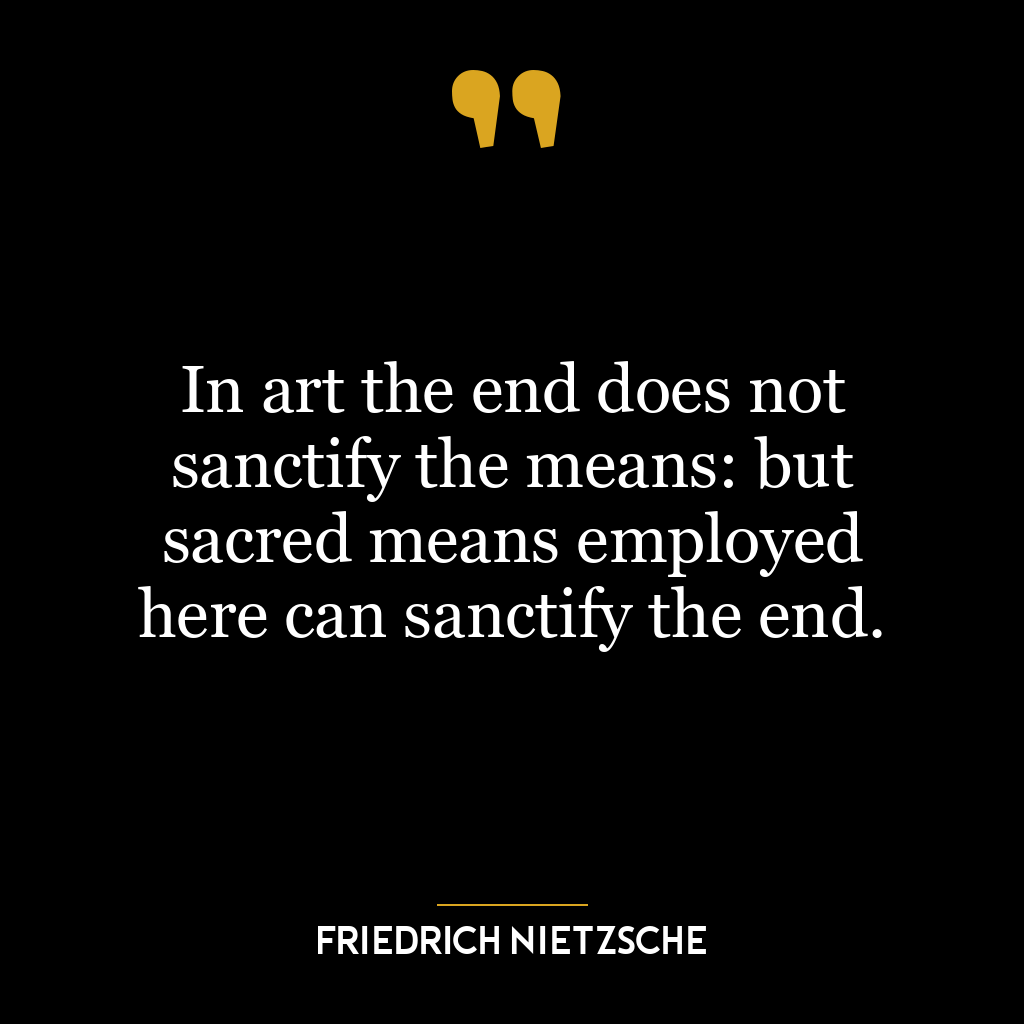This quote essentially emphasizes the idea that science, or any form of knowledge, should not be commodified or sold for personal gain. The speaker values their scientific work for its intrinsic worth and contribution to society, rather than viewing it as a means to accumulate wealth. The mention of the laurel, a symbol of honor and accomplishment in ancient times, further underscores the speaker’s commitment to the purity of their pursuit, emphasizing that their achievements are not up for sale, unlike a common commodity like cotton.
In today’s world, this quote might be interpreted as a critique of the commercialization of knowledge and research. In many industries, scientific discoveries are often patented and sold for profit. While this can incentivize innovation, it can also limit access to crucial knowledge and advancements, particularly in fields like healthcare. The speaker’s stance encourages us to consider the balance between the pursuit of profit and the broader societal good.
In terms of personal development, this quote can inspire us to value our work and achievements for their own sake, rather than for the external rewards they might bring. It encourages us to pursue our passions with integrity and to resist the temptation to compromise our values for material gain. It also reminds us that true success and fulfillment often come from making a positive impact on the world, rather than accumulating wealth or status.












